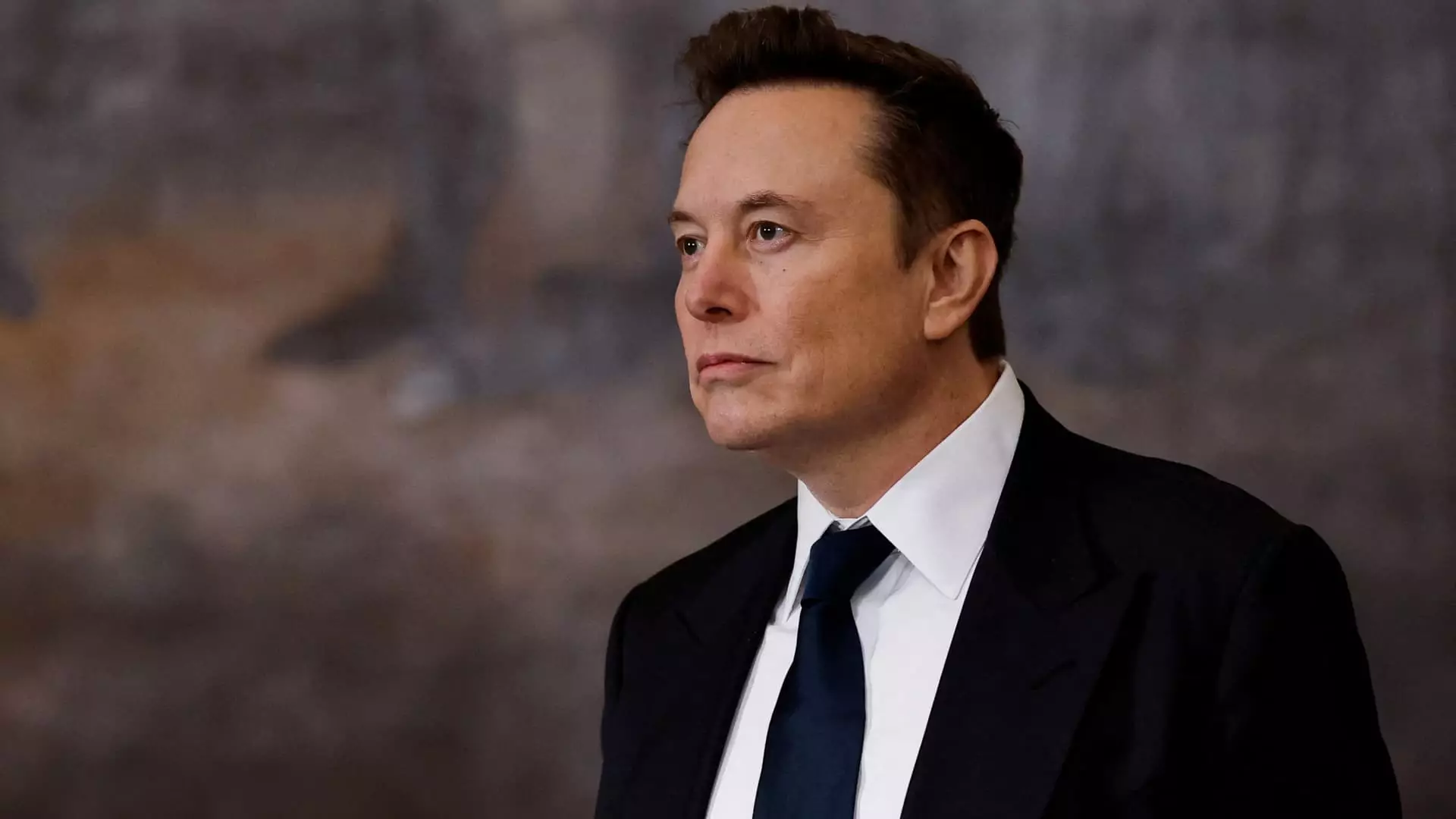The recent decision by U.S. District Judge John Bates, which allows Elon Musk’s newly established Department of Government Efficiency (DOGE) access to the U.S. Department of Labor’s systems, is a pivotal moment in the ongoing confrontation between governmental authority, labor rights, and corporate influence. This ruling has incited heated debates within political circles and among labor unions, particularly the American Federation of Labor and Congress of Industrial Organizations (AFL-CIO). The implications of this decision extend beyond mere bureaucracy; they touch upon the integrity of labor rights and the potential misuse of sensitive information in the pursuit of governmental efficiency.
The lawsuit, primarily initiated by the AFL-CIO, raises significant concerns regarding Musk’s expansive reach as a self-proclaimed efficiency expert within the government. Critics argue that allowing Musk, the billionaire entrepreneur behind Tesla and SpaceX, access to critical government databases could lead to unethical situations where he might investigate and leverage non-public information about his own companies and even competitors. The court acknowledged concerns regarding Musk’s potential misconduct but ultimately concluded that the AFL-CIO did not adequately demonstrate that it faced immediate harm from the Labor Department’s decisions.
Musk’s responsibilities under President Trump’s directive to eliminate wasteful spending heighten fears that his methods could jeopardize vital government programs and undermine the rights of federal employees. The ruling thus acts as a double-edged sword; while it opens the door for potential governmental reform, it simultaneously raises the specter of corporate overreach in public service.
The AFL-CIO’s response to the ruling reflects a mixture of frustration and determination. President Liz Shuler described the decision as a setback but asserted that it is not the end of the legal battle. The union represents approximately 800,000 government employees who are understandably cautious about the implications of Musk’s accessibility to sensitive labor data. This includes information related to workplace safety investigations by the Occupational Safety and Health Administration (OSHA) — an area of concern given Musk’s ownership of multiple companies that could be scrutinized.
Moreover, the fear is that such access could extend to highly confidential employee information, which represents a significant violation of rights and privacy for federal workers. The stakes are high, and the union remains committed to gathering more evidence to counter Musk’s operations within the Labor Department.
Musk’s Influence on Federal Agencies
Musk’s tenure as a special government employee, albeit limited in the scope of federal regulations applicable to him, allows for substantial influence over the federal workforce. His aggressive approach to government efficiency is unsettling to many, as it threatens the stability of agencies tasked with fulfilling crucial national interests. For example, his reported intentions to shutter the U.S. Agency for International Development (USAID) signal a drastic shift in how federal resources are allocated and managed.
The implications of such actions stretch far beyond departmental efficiency, as they could lead to the dismantling of programs designed to support vulnerable populations both domestically and internationally. Critics warn that the climate of fear created by Musk’s government aspirations may inhibit ethical governance and compromise public service integrity — a concern that should resonate with all stakeholders in the democratic process.
As the legal battle unfolds, it is critical for labor unions, lawmakers, and citizens alike to remain vigilant about the implications of this ruling and Musk’s ambitious government initiatives. The access granted to DOGE presents an opportunity for reform but also a significant risk of individual rights being overshadowed by corporate interests.
Finding a balance between efficiency and ethical governance is paramount. Possible avenues for reform involve strict adherence to conflict-of-interest policies and transparency protocols to ensure that sensitive information remains protected from potential exploits. The future relationship between government and corporate ethics will be closely scrutinized, and the outcome of this confrontation will likely serve as a precedent for future interactions between entrepreneurial ambition and public service.
The intersection of government efficiency efforts spearheaded by figures like Elon Musk and the rights of labor organizations illustrates the complexities of modern governance. The repercussions of these developments could reshape the landscape of federal employment and rights in a manner that demands ongoing attention and action.


Leave a Reply